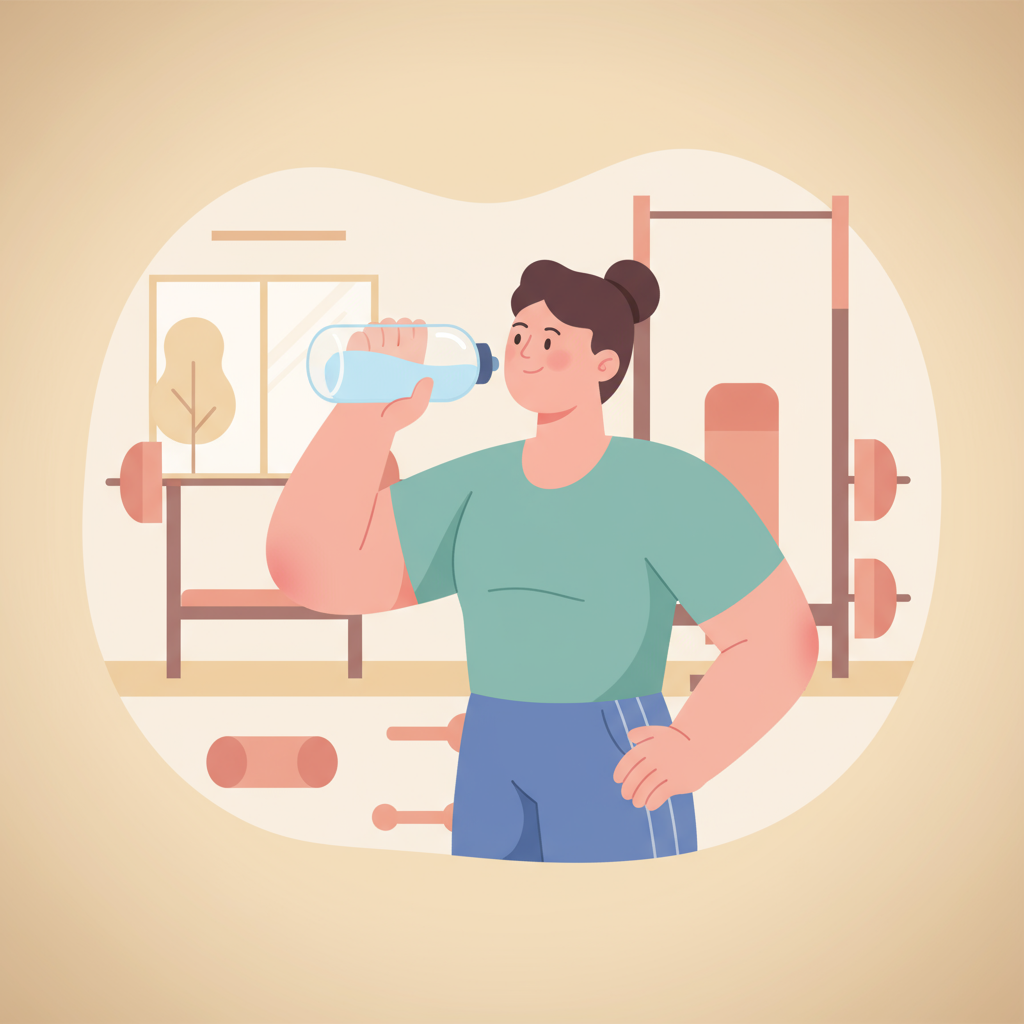If you’re a fitness fanatic, caffeine is probably a familiar friend that helps boost your energy and focus during workouts. But too much caffeine can backfire, causing jitters, sleep issues, and even affect your overall health.
Reducing caffeine intake doesn’t mean you have to give up the boost you love. By adopting simple daily habits, you can cut back gradually and support your fitness goals while feeling better overall.
In this article, you will learn practical and manageable habits to reduce caffeine intake successfully while keeping your performance and wellbeing in check.
Your 3 Daily Habits To Reduce Caffeine Intake
Habit 1 — Track Your Caffeine Intake
Why: Tracking helps you become aware of how much caffeine you consume daily so you can make informed changes.
How: Keep a simple log of all caffeinated drinks and foods you consume each day, including coffee, tea, energy drinks, soda, and even chocolate.
Cue: Use your meal times or workout sessions as reminders to jot down your caffeine intake.
Habit 2 — Gradually Reduce Your Caffeine Amounts
Why: Cutting back slowly lowers withdrawal symptoms like headaches and fatigue, making the process manageable.
How: Start by replacing one caffeinated drink a day with water, decaf, or herbal tea. Gradually decrease portion sizes or the number of caffeine servings.
Cue: Pair this habit with your mid-morning or afternoon break, a common time for caffeine intake.
Habit 3 — Avoid Caffeine Late in the Day
Why: Caffeine can stay in your system for 5-6 hours, affecting sleep quality which is vital for recovery and fitness progress.
How: Set a cut-off time for caffeine consumption, ideally no later than lunch. Replace later drinks with water or a healthy snack.
Cue: Use your lunch hour as a mental deadline to stop caffeine intake.
Week 1 Schedule
| Day | Action |
|---|---|
| Day 1 | Track all caffeine consumed and note amounts |
| Day 2 | Replace one afternoon coffee with water or herbal tea |
| Day 3 | Reduce the size of your morning coffee or switch to half decaf |
| Day 4 | Set your caffeine cutoff time to noon, no caffeine after lunch |
| Day 5 | Switch a second caffeinated beverage with a non-caffeinated alternative |
| Day 6 | Continue tracking caffeine and hydration |
| Day 7 | Review progress and plan next week’s adjustments |
Troubleshooting
Barrier: Experiencing headaches and tiredness when reducing caffeine.
Fix: Reduce caffeine more gradually, ensure you stay hydrated and get enough sleep to ease withdrawal symptoms.
Barrier: Craving caffeine in the afternoon or feeling low energy.
Fix: Replace caffeine with a healthy snack and water, and try light exercise or stretching to restore energy.
Barrier: Forgetting to track caffeine or exceed your limit unknowingly.
Fix: Use a caffeine tracking app or set reminders on your phone to monitor intake throughout the day.
FAQs
Q: How much caffeine should I aim to reduce to as a fitness fanatic?
A: Aim for no more than 100-200 mg per day and avoid caffeine after lunch to maintain good sleep and recovery.
Q: Can completely quitting caffeine improve my fitness performance?
A: It depends on your sensitivity. Some find improved sleep and decreased jitteriness help performance, but moderate caffeine can also enhance workouts. Find your personal balance.
Q: How long does it take to adjust to lower caffeine intake?
A: Typically, withdrawal symptoms last about 3-7 days. Gradual reduction helps ease the transition and promotes long-term success.
Tracking & Motivation Tips
Using a caffeine tracker app can simplify recording daily intake and alert you when you approach your caffeine limits. Reminders help maintain accountability, and celebrating small wins keeps motivation strong. Pair tracking with hydration logs for a holistic wellness approach that supports your fitness journey.
Key Takeaways For Reducing Caffeine Intake
Reducing caffeine intake as a fitness fanatic is achievable with simple daily habits like tracking consumption, gradual reduction, and avoiding caffeine late in the day. These habits help manage withdrawal symptoms and improve sleep quality, supporting overall fitness and healthy lifestyle goals.




